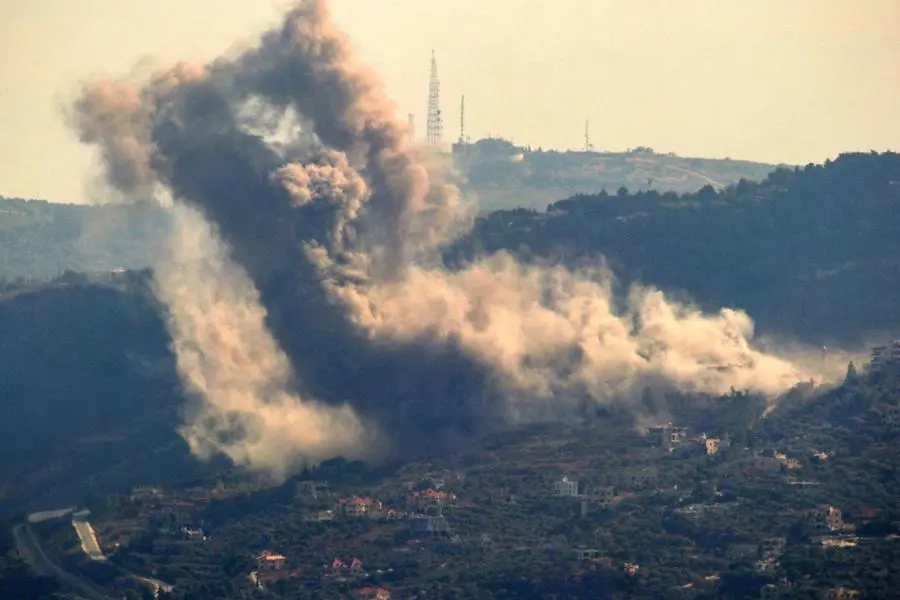PHOTO
Escalation of conflict between Israel and Lebanon’s Hezbollah leading to higher oil prices and inflation could weigh on the popularity of US Presidential candidate Vice President Kamala Harris.
The resulting uncertainty in the region would lead to higher oil prices and inflation, which could make Harris less popular, Yoel Sano, head of global, political and security risk, BMI, said.
Republican candidate President Donald Trump is likely to be less critical of Israel and Saudi Arabia, while Harris is, rhetorically at least, more sympathetic to the Palestinian cause, experts said.
Should Trump return to the White House, Sano said a nuclear deal with Iran is ‘not impossible’ under his leadership.
But there is a matter of willingness on the Iranian side, and a Harris presidency would be ‘more conducive’ to re-starting talks, Sano said, as well while Trump did not object to a nuclear deal in principle, he objected to a deal signed by President Barack Obama in 2015.
“Iran is potentially undergoing a leadership transition. The supreme leader Ayatollah Ali Khamenei is 85 and has been in office 35 years.
“In this context, his would-be successors are unlikely to want to be seen as soft towards the US by rushing towards a new nuclear deal with the US,” he said.
While the Israel-Hamas conflict is likely to take ‘many months’ to resolve, BMI would expect it to be over by the time the new Presidential term starts in January 2025, Sano said.
Both the Harris and Trump continue to favour the process of normalisation of relations between Israel and Saudi Arabia, which has been delayed by the Israel-Hamas conflict, he said, adding that it is unclear when progress can be made.
While escalation of Israel and Hezbollah hostilities would weigh heavily, BMI last month put likelihood that escalation would happen at 30%, with both sides unlikely to want it due to factors including increased domestic tensions and economic costs.
Tension between the two sides flared at the weekend, but analysis from S&P Global Market Intelligence said the exchange of fire was unlikely to grow in scope.
BMI projections for the US election, which is due to take place in November, showed a tight 50–50 race between Trump and Harris, with Harris perceived as a "highly energising candidate" compared to Biden, Iris Malone, BMI’s director, political science, data modelling, said.
Prior to Harris entering the race, polling on Democrat party voter enthusiasm was 36% in April, but it has jumped to 85% for Harris, she said.
(Reporting by Imogen Lillywhite; editing by Daniel Luiz)





















